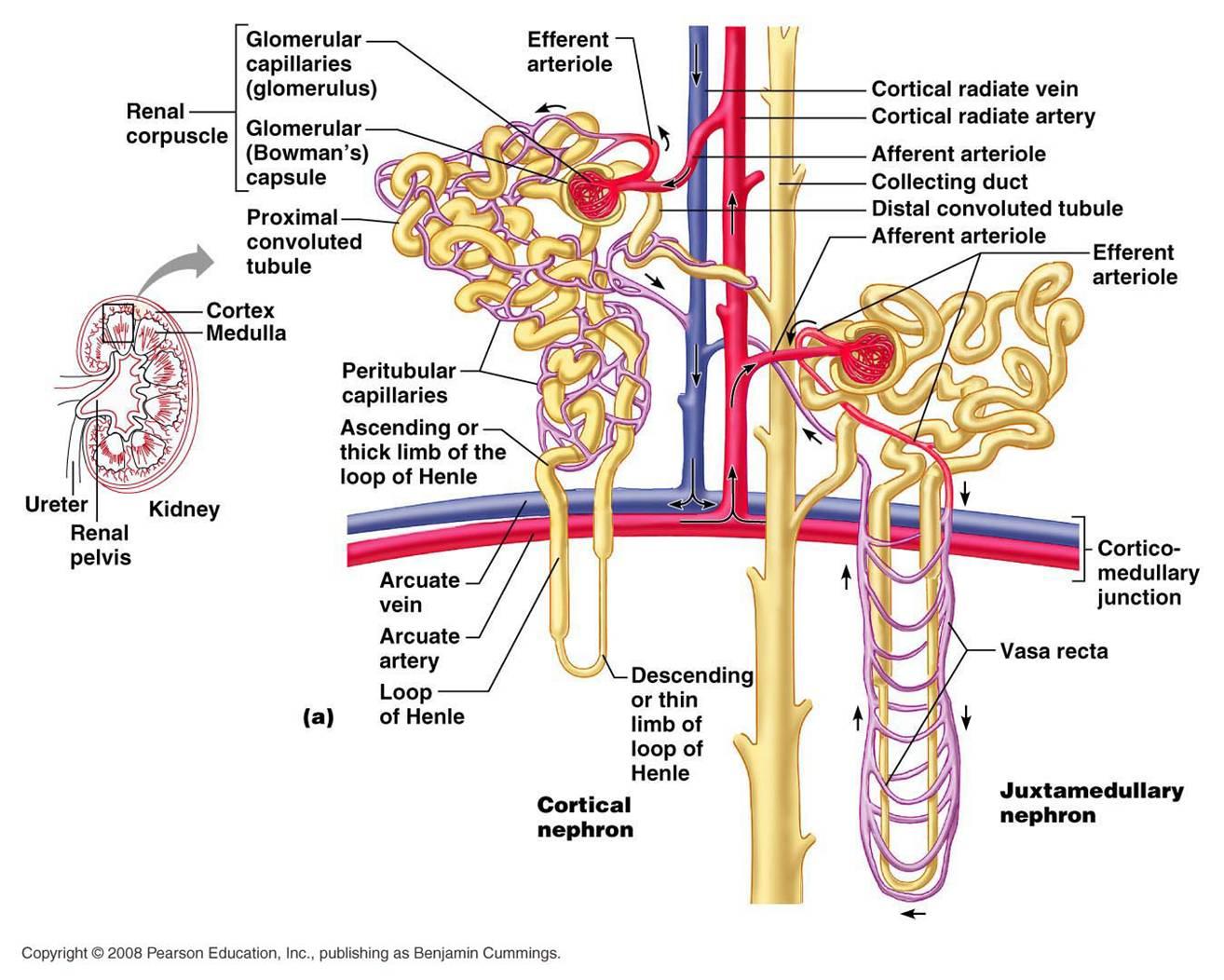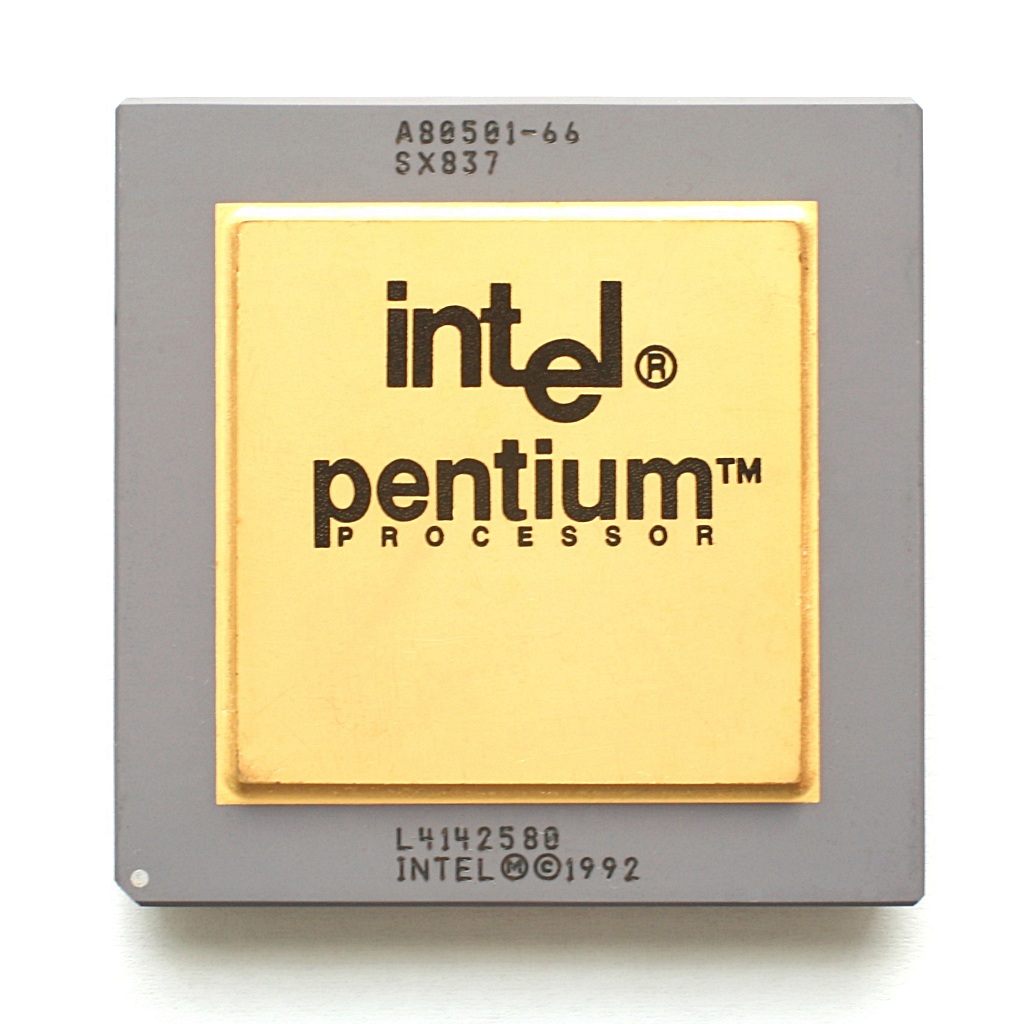Metaphysics of Science vs. Metaphysics for Science: Scientific and Philosophical Frameworks
Part I of the book clears space for later work and supplies a key theoretical platform. To get us started, I briefly sketch the outlines of the scientific views to highlight how they differ from philosophical accounts of reduction /emergence; and to broach a diagnosis of how the dislocation between …







